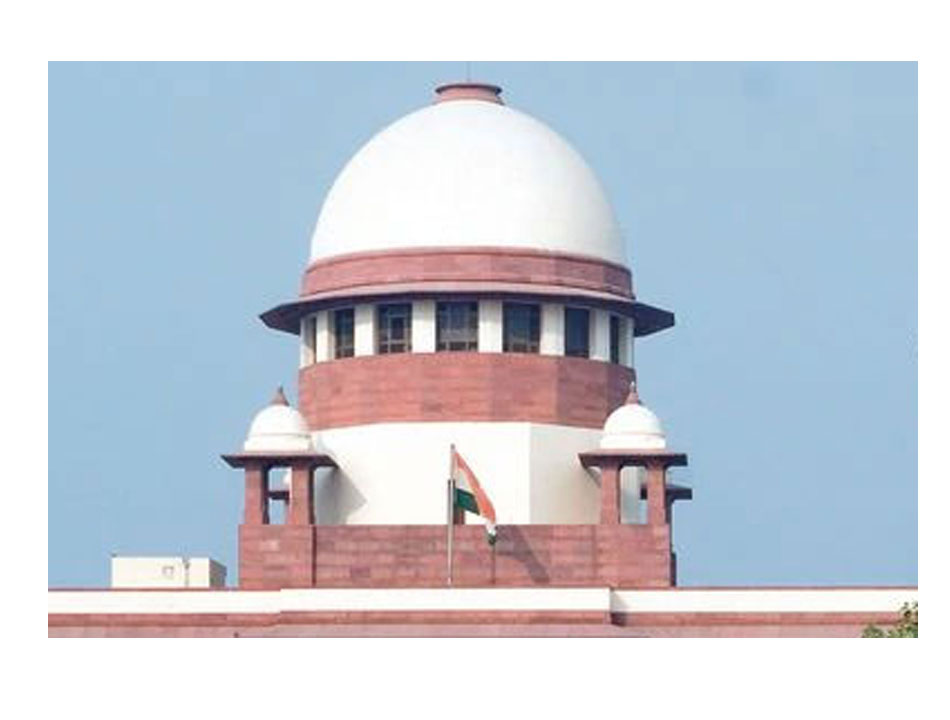
The top court of India announced on Thursday that it is planning to set up a committee of technical experts, to look into allegations of unauthorised surveillance, using the Pegasus spyware made by the Israeli firm NSO Group. The court will pronounce the orders in this regard next week.
Chief Justice of India N V Ramana in the hearing, said that the formation of the committee was previously taking time since some of the experts the court wanted to appoint in the committee and declined the part, citing personal difficulties.
The CJI added that the court will be able to finalise the members of the committee, by the next week and thus give orders on the same.
The court responded to the petitions submitted to it, saying that the case had important questions of national security in it and thus the court will not be able to disclose all details in a public affidavit, however, the court has found a way out in letting a committee of experts to scrutinize the issue and submit their report to the court. The government urged the supreme court to allow it to set up a committee that will go into all aspects of the matter. The petitioners, however, opposed the idea of allowing a committee to be formed by the government on the matter.
The Supreme Court reserved its order in the matter on September 13 saying it will pronounce the same in 2-3 days.
The bench of three judges along with the CJI, at the top court, said, “We are…not interested in any manner or in any way to know the issues which are concerned about the security or the defence or any other national interest issue. We are only concerned, in the face of allegations that some software was used against some particular citizens, journalists, lawyers etc, to know whether this software has been used by the government, by any method other than permissible under the law.”
The pleas seeking an independent probe into the pegasus matter is based on allegations of the government agencies using Israeli made spyware to snoop on eminent people in India.
A consortium of 17 news organisations from around the world, along with Paris-based journalism non-profit Forbidden stories and Amnesty International, a human rights group, had revealed in July, that Forbidden Stories and Amnesty International got hold of a leaked list of 50,000 contact numbers which were ‘potential surveillance targets’ of the Pegasus Spyware. These included contact details of heads of state, journalists and Human rights activists.
Although the list did not specify who asked the NSO group to snoop on these numbers. The Wire who was the India partner in the consortium revealed the list contained 161 numbers from India, being tracked, which included, politicians, journalists, activists and Bureaucrats.
|
|
Supratik Mitra is a student of political science at the University of Delhi.
While completing college, he continues to work as a reporter, working with many
media houses previously. He is interested in Indian politics and Science and
Technology and is also an avid policy researcher. He reports and writes articles
on national news, science and tech news, and health news.
Office Address: D-16/116, Sector-3, Rohini Delhi - 110085 India.
Email: contact@newstrackindia.com


Comments: